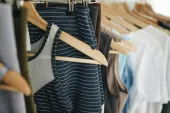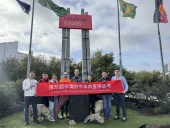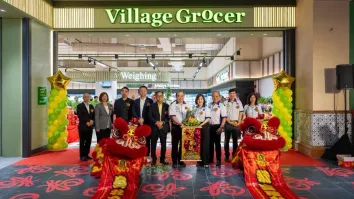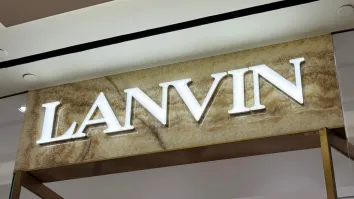Unilever International to expand Korean beauty products offering
The innovation plan targets both premium and mass markets.
Unilever International is set to expand its product offerings worldwide, starting on Korean beauty products, sustainable home care innovations, and foods tailored for diaspora communities, according to its CEO, Aseem Puri.
"Unilever International is a special business which we started 10 years ago, and our motto is to serve the underserved," said Puri. "We have built a global network of distribution in over 200 markets around the world, of which nearly half are what we call challenging markets."
To effectively serve these markets, Unilever International has developed a specialised infrastructure that encompasses supply, manufacturing, distribution, and marketing. This infrastructure is designed to cater to the unique needs of consumers in remote regions.
One of the company's significant successes has been in rolling out a lip care portfolio that initially launched in Korea. "We launched a very successful, vastly lip care portfolio in Korea, where it did phenomenally well," Puri noted. The product's success in Korea prompted Unilever to roll it out globally, where it has been well-received in markets such as North America, Latin America, Arabia, the Pacific islands, and Europe.
Another area of growth for Unilever International is catering to diaspora communities worldwide. By offering products that resonate with the tastes and preferences of these communities, the company has found new opportunities for expansion. "For example, the non-liquid chilli seasoning is something we brought from the Philippines to North America, and it is doing extremely well," Puri shared. The product has gained popularity not just among Filipinos but also among Vietnamese, Thai, and Indonesian consumers in the U.S.
Looking ahead, Unilever International aims to continue expanding its portfolio of beauty products from Korea, introducing sustainable home care innovations, and enhancing its offerings for diaspora communities.
Unilever also plans to address market needs for both premium and affordable products. "We see big polarisation, where there is a need for a premium portfolio and there's a need for a really mass, affordable portfolio," Puri noted. The company is introducing premium brands in markets like India through e-commerce while simultaneously offering affordable options, such as bar soaps in Africa.



















 Advertise
Advertise







Commentary
The festive season is a revenue moment – don't let friction or fraud derail it
All that glitters: Is luxury losing its shine, or finding a new one in Asia?